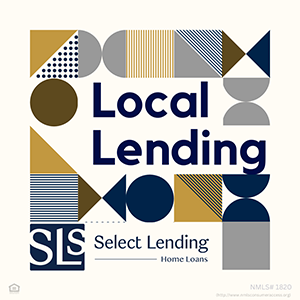
Obtaining a Mortgage When Self-Employed
Obtaining a mortgage is a little different when you’re self-employed.
Reporting your income as a self-employed worker on Schedule C for income tax purposes can make qualifying for a mortgage loan or refinancing a little more complex. The reason being that proving consistent and reliable income as a freelancer can be more involved because you don’t typically receive a regular paycheck. Because of this, the lender wants proof that you can repay the loan.
Each lender is different. Some require self-employed borrowers to go through extra hoops to prove employment, while others may or may not wait until the loan gets to its compliance or operations department. Early in the applications stage, for example, you may need to provide contact information for your employer so the lender can confirm you’re working regularly.
Many lenders will ask for three years of accounts to prove income. Some may drop it to two years, and a small number of mortgage lenders will accept one year.
However, 2018 guidelines make it easier for self-employed homebuyers, requiring only one year of income tax documents to prove income, as long as the application qualifies for automated underwriting. This automated system doesn’t require filling out various forms, though you’ll need to document your income, savings, retirement and investment balances.
An accountant or tax preparer may be able to help by providing a letter stating how long you’ve been in business. A Profit and Loss Statement, or P&L, can be prepared by your accountant to show your business income and expenses for a specific time, such as showing you paid off a business loan.
When applying for or closing on a loan, be sure to give yourself plenty of time. A rate lock can give you enough time to verify your income. Have your bank statements and tax forms ready, along with any other information your accountant or tax preparer says you might need. Respond to inquiries from your lender promptly and focus on the final goal of getting a new mortgage.



